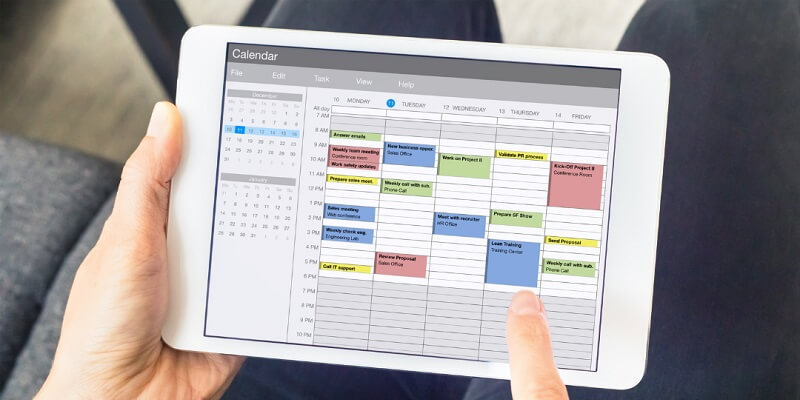
Managing time effectively can bring a sense of control, reduce stress, and enhance productivity. Here are some practical tips to help you manage your time better:
Start by defining your long-term goals, both personal and professional. Knowing what you want to achieve helps you prioritize and structure your time effectively. Once you know the big picture, break down your goals into short-term and medium-term objectives to guide your daily actions.
To stay organized, create a to-do list. This helps you track your tasks and priorities. It’s best to keep a single list to avoid confusion. You can store it on your phone or another easily accessible place. Make sure to regularly review and update the list as tasks change or new ones emerge.
Instead of focusing on staying busy, focus on achieving quality results. Spending more time on a task doesn't always equate to better output. Focus on efficient and effective work, rather than simply increasing hours. A little time spent strategically can yield better results than more time spent aimlessly.
Skipping lunch breaks can decrease productivity in the afternoon. Make sure to step away from your desk for at least 30 minutes. Use this time to exercise or take a walk outside to refresh your mind. Taking breaks helps restore focus and energy, improving performance throughout the day.
Tasks can be categorized into four groups:
Good time managers focus on "Not Urgent but Important" tasks, as these are often the most valuable. Avoid letting important tasks become urgent by planning ahead. Reducing urgent tasks will decrease stress and increase productivity.
Email management is crucial for time management. One study found that many workers face stress from overflowing inboxes. The Four Ds can help streamline email processing:
Implementing these strategies will help you manage your time more effectively and reduce stress, both at work and in personal life.